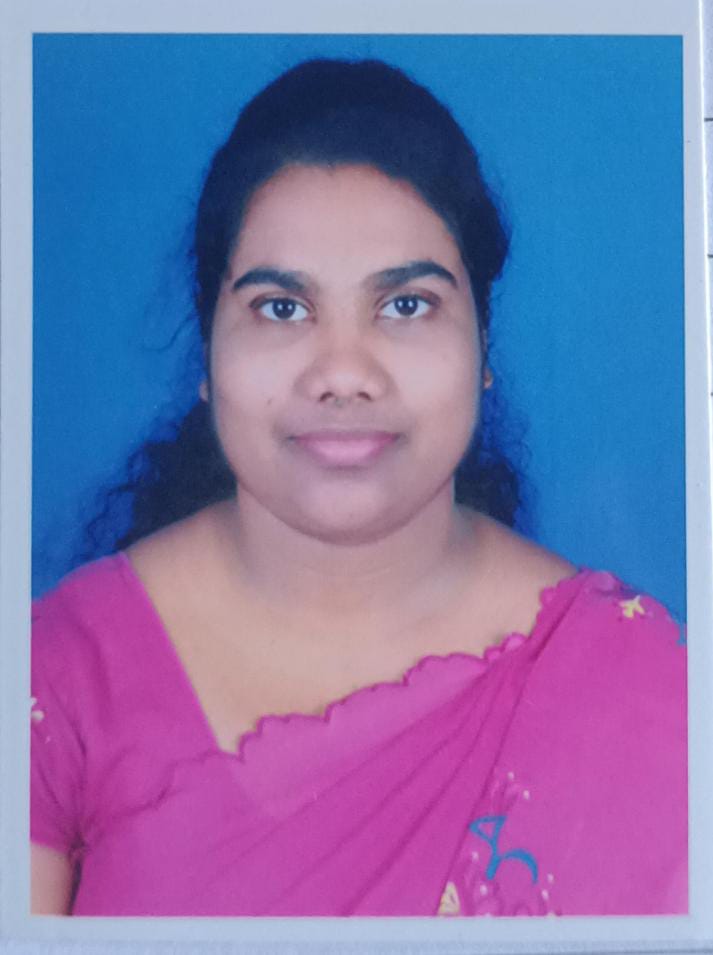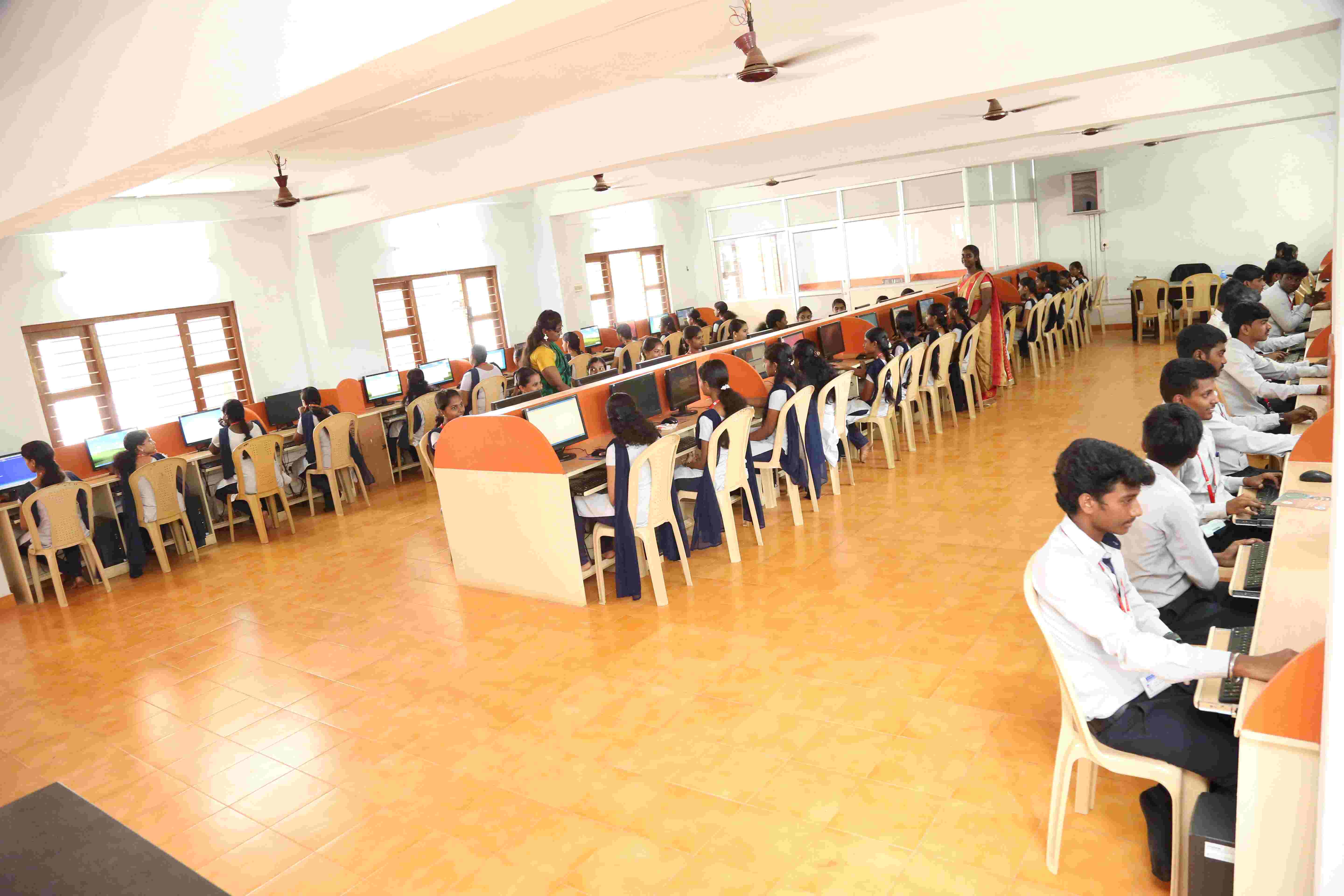The Department of Artificial Intelligence and Data Science (AI&DS) offers a B.Tech. Program in Artificial Intelligence and Data Science, launching a new intake of 90 students starting from the academic year 2022-2023 with the vision of producing graduates with advanced global competencies in AI and Data Science, fostering successful careers, lifelong learning, and dedication to driving ethical social development initiatives. The curriculum is designed as an Outcome-Based Education model and includes industrial internships to align students with current industry trends. The department is developing state-of-the-art infrastructure and aims to foster both technical skills and a robust research culture, featuring a Centre of Excellence in AI. AI&DS department collaborates with four IT companies, In association with ICT ACADEMY we have the center of excellence in Oracle, It also hosts a chapter of the Computer Society of India (CSI), enhancing its professional networking and promoting collaboration in computer science and technology and it has established a campus agreement with Microsoft. Career opportunities include Big Data Engineer, Data Scientist, AI Engineer, Full Stack Developer, Software Architect, Robotics Engineer, etc.,








